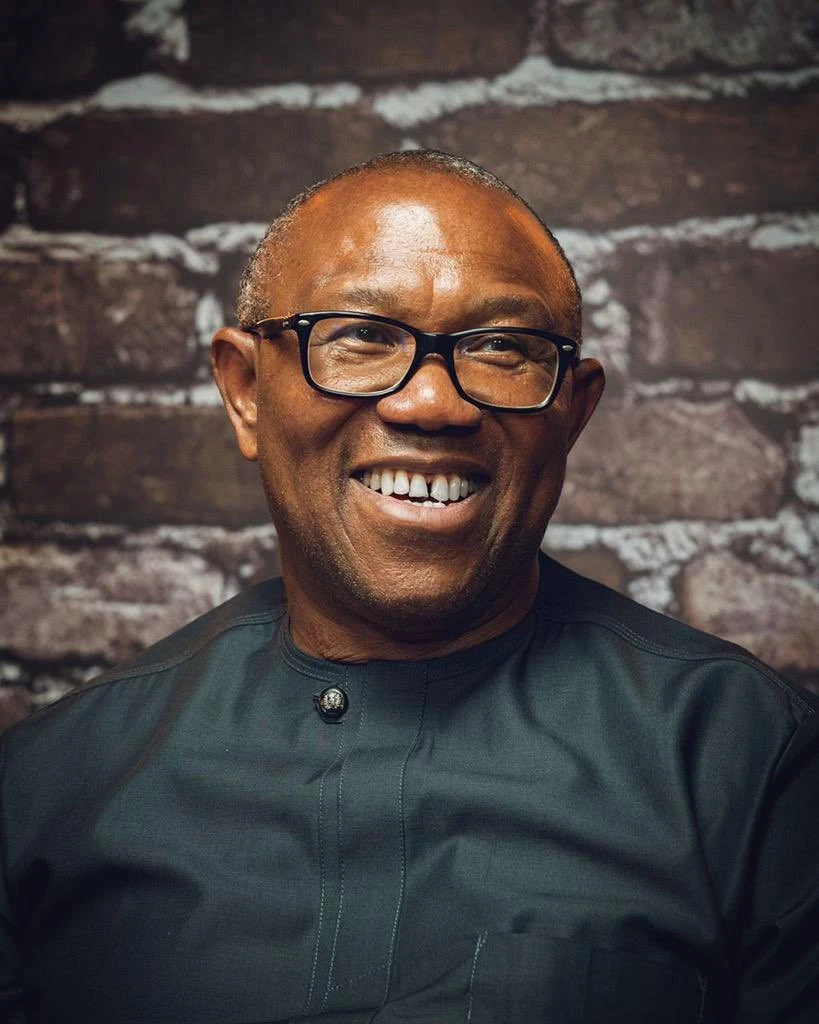Peter Obi calls to balance faith and productivity in Nigeria, sparking debate on the role of churches in daily life. Can faith and economic growth coexist?

On a recent episode of the Honest Bunch podcast, 2023 Labour Party presidential candidate Peter Obi made a statement that has since ignited a social media storm. Obi suggested that Nigeria’s overwhelming focus on religious activities, specifically night vigils, could be better directed into productive work.
His comments included a pointed criticism of politics and the church, arguing that both should be “dismantled” in order to foster a more industrious society. Obi’s remarks have been met with both praise and criticism, with many Nigerians taking to Twitter to voice their perspectives.
Obi’s stance raises a complex question: is Nigeria’s strong religious commitment a strength, or is it detracting from the country’s productivity?
Peter Obi’s Standpoint: “Turn Night Vigil into Night Shift”
In his interview, Obi remarked, “It’s attractive, politics and church, but it has to be dismantled. We are going to turn night vigil into night shift so that people can be productive.”
He went on to criticize the prominence of religious activities that occupy people from Monday to Friday, suggesting that this time could be better spent on economic activities. Obi’s comments extend beyond the individual, hinting at a larger cultural shift that he believes is necessary to propel Nigeria forward.
Obi emphasized his belief in God and affirmed his own church attendance, yet he criticized the ubiquity of churches and religious advertising across the country. Obi argued that these practices reveal a deeper issue within Nigeria’s societal fabric, one that needs addressing if the country is to progress.
The Backlash: Twitter Reactions from Solomon Buchi, Joshua Mike-Bamiloye, and Others
Notably, life coach and influencer Solomon Buchi was quick to express his disappointment with Obi’s comments, calling them an “exaggeration” that misrepresents the role of churches in Nigeria. He argued, “There’s no church that has mandatory activities for members every day of the week.”
According to Buchi, the church is, in fact, one of the few institutions in Nigeria providing stability and support to people struggling with the nation’s economic and political difficulties.
Buchi pointed out that churches, like the Redemption Camp and Covenant University, have empowered thousands by creating jobs, offering charitable services, and providing spiritual support. He passionately claimed, “The hope and spiritual edification the church provides is the only sanity holding most people to stay calm in the nightmarish condition of the nation.”
Similarly, gospel musician Joshua Mike-Bamiloye, known for his thought-provoking insights on social issues, added his voice to the debate. He highlighted that night vigils are not as frequent or mandatory as Obi implied.
He also referenced other religiously observant countries, arguing that active religious commitment and productivity are not mutually exclusive. Joshua Bamiloye cited examples like the United States’ Chick-fil-A, which closes on Sundays, and other countries where daily prayers are common, yet economic prosperity thrives.
Critics Claim “Hypocrisy” in Obi’s Statement
A number of users also criticized what they saw as hypocrisy in Obi’s comments, noting that he attended multiple church services during his campaign. Twitter user Daniel Regha, questioned why Obi hadn’t criticized night vigils during his political campaign when he was seen attending several church events.
The conversation extended to other Nigerian social media figures and everyday citizens who argued that church vigils are not the root of Nigeria’s problems. For example, a user known as ‘Seye remarked, “The church is not the problem of this country abeg,” reflecting a sentiment shared by many who see the government as the true driver of Nigeria’s challenges.
Analyzing the Debate
This debate raises an important discussion about the role of faith in Nigerian life and culture. For many Nigerians, the church is a sanctuary, a place for spiritual refuge, and often a means of coping with the economic and political uncertainties of the nation. In the absence of a robust welfare system, the church has provided both material and emotional support to countless Nigerians.

